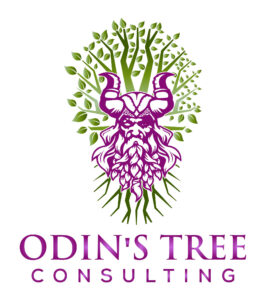Organizations are constantly seeking ways to attract and retain top talent. While compensation is undoubtedly a critical factor in employee satisfaction, it is essential to recognize that rewards do not solely have to come in the form of monetary benefits. By understanding the diverse needs and preferences of employees, organizations can unlock higher levels of satisfaction and foster a more engaged workforce.
- Recognition and Appreciation:
One of the most effective ways to boost employee satisfaction is through recognition and appreciation. Acknowledging and celebrating the efforts and achievements of employees can go a long way in making them feel valued and motivated. Simple gestures, such as a personalized thank-you note, public recognition, or a team-based reward system, can have a powerful impact on employee morale.
- Professional Development Opportunities:
Investing in the growth and development of employees is a win-win situation for both the organization and its workforce. Offering opportunities for training, workshops, or mentoring programs not only enhances employees’ skills and knowledge but also demonstrates the organization’s commitment to their professional growth. Employees who feel supported in their career advancement are more likely to be satisfied and motivated to contribute to the organization’s success.
- Flexibility and Work-Life Balance:
In today’s fast-paced world, work-life balance has become increasingly important for employees. Providing flexible work arrangements, such as remote work options, compressed workweeks, or flexible scheduling, demonstrates trust and respect for employees’ personal lives. Such initiatives can greatly contribute to employee satisfaction by allowing them to better manage their responsibilities both at work and outside of it.
- Wellness Programs:
Promoting employee well-being is a crucial aspect of creating a positive work environment. Organizations can introduce wellness programs that focus on physical, mental, and emotional well-being. This can include initiatives like gym memberships, meditation or yoga classes, wellness challenges, and access to counseling services. By prioritizing employee health, organizations can significantly improve job satisfaction and overall productivity.
- Meaningful and Challenging Work:
Employees are more likely to be satisfied when their work aligns with their skills, interests, and values. Organizations should strive to provide meaningful and challenging work opportunities that allow employees to utilize their talents and make a real impact. This can be achieved through regular feedback and performance discussions, job rotations, or cross-functional projects. By engaging employees in tasks that resonate with them, organizations can foster a sense of purpose and fulfillment.
Conclusion:
While compensation plays a crucial role in attracting and retaining talent, organizations must recognize that employee satisfaction is not solely dependent on monetary rewards. By implementing strategies that focus on recognition, professional development, work-life balance, wellness, and meaningful work, organizations can create a conducive environment where employees feel valued, motivated, and engaged. Ultimately, investing in the holistic well-being of employees translates into increased productivity, improved retention rates, and a competitive edge in today’s talent-driven market.




